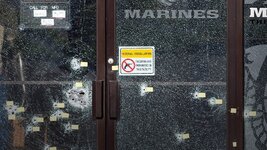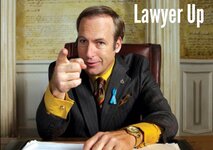Bronze Lifetime
- Messages
- 11,323
- Reactions
- 25,956
I wonder if it was a 320? Did it get dropped?
Sig P4202022, or whatever number that ended up being. SIG loves their number strings.
Weed is legal in MI, perhaps the kid was one of the ones who become paranoid from THC.
Since the family has lawyer'd up and gone silent, it remains to be seen what happens/happened in the trial.
Cannot trust the media for any accuracy or truth surrounding the subject.
However, three counts of murder, x counts of attempted murder, Dad will possibly be tried as an accessory to murder.
It will be a press feeding frenzy and a byline on Brandon's teleprompter for every gaffe session.
















